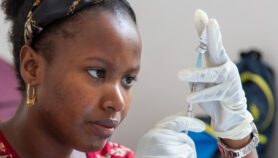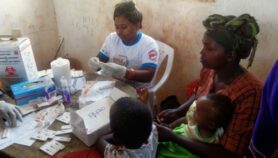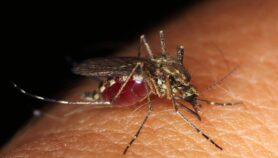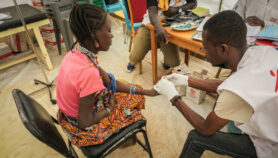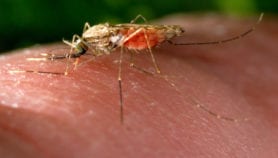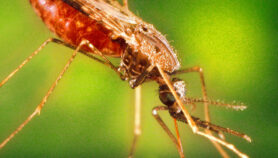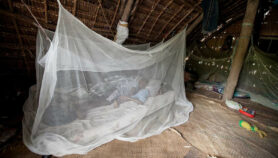By: Joel Winston
Send to a friend
The details you provide on this page will not be used to send unsolicited email, and will not be sold to a 3rd party. See privacy policy.
Malaria treatments have saved millions of lives, particularly in the developing world. But one by one, the drugs have been rendered useless by the parasite's ability to develop resistance. Now our best weapon against the disease, an antimalarial called artemisinin, is also showing signs of weakening, and the WHO has called for an urgent and coordinated response to fight this threat.
Joel Winston visited researchers from the Wellcome Trust Sanger Institute and the London School of Hygiene & Tropical Medicine to see how genome sequencing technologies and socio-behavioural studies are helping to identify the causes of artemisinin resistance, and locate where it is happening. The research is also revealing that something unusual is happening in the Cambodian parasite population.




